How a dinner during the PLS program inspired six strangers to discover a shared American identity
The Presidential Leadership Scholars (PLS) program enables a deep, one-of-a-kind leadership experience that equips changemakers across the nation with leadership lessons and insights from the presidential experiences of Presidents George W. Bush, Bill Clinton, George H.W. Bush, and Lyndon B. Johnson.
Throughout the program, Scholars, each representing unique cultural backgrounds, heritage and experiences, often find themselves sharing meals with people they may not have had the opportunity to interact with before, and they use it as a chance to learn from one another. During the first 2019 PLS session in D.C., we overheard a lively discussion with Scholars about the experience of PLS, and what civic engagement means to them as veterans, refugees, public servants, social entrepreneurs, and educators. Below are highlights from their conversation.
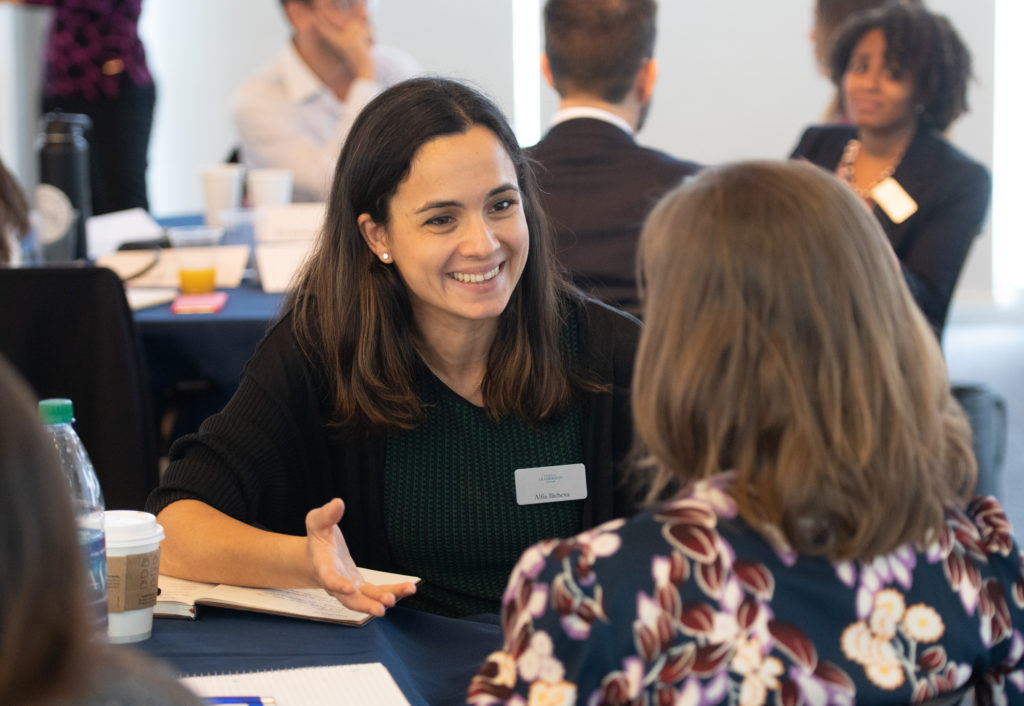
- Alfia Ilicheva (Russian-American, co-founder of Women in Innovation and Managing Director at R/GA Ventures, New York, NY)
“Civic engagement means action with purpose. The PLS program has been a transformative experience in making the personal leadership narratives of historical and current leaders, from David Rubenstein and Alexis Herman to George H. W. Bush and Bill Clinton, real and tangible with vivid examples and inspiring principles behind their decision-making. As Presidential Leadership Scholars, or broadly as American citizens, we are committed to solving major problems and catalyzing a positive difference in the world. Our ability to succeed as public servants, to participate thoughtfully in our communities, is contingent on our efficacy as leaders, to persist against adversity and uncertainty with composure and grace.”
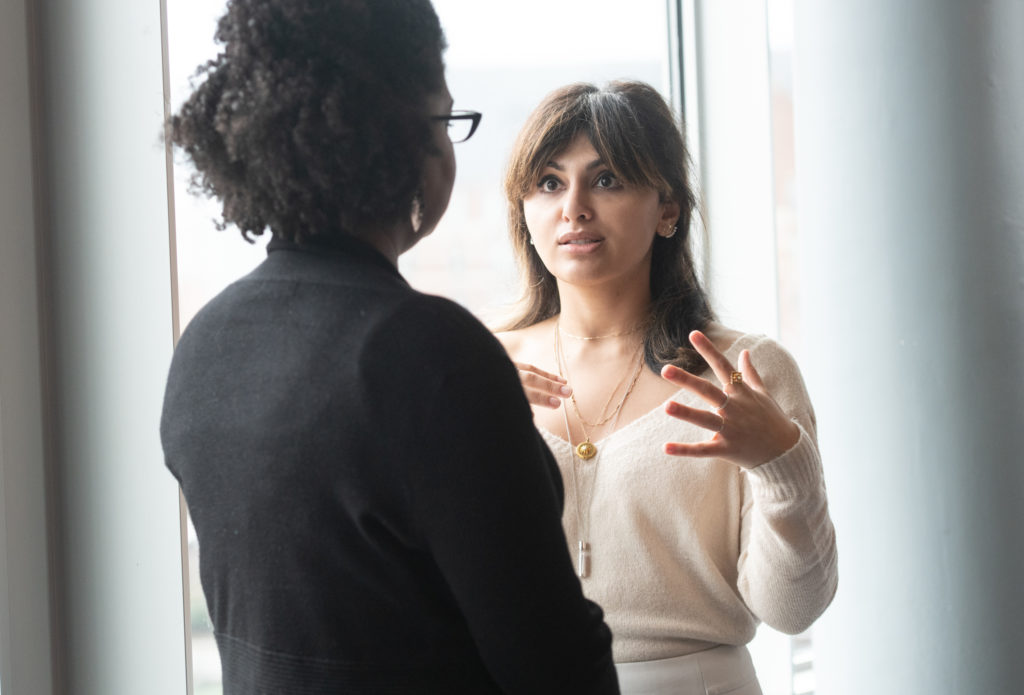
- Dilafruz Khonikboyeva (Pamiri-American, Global Lead for Aga Khan Foundation, Washington D.C.)
“I continue to be humbled by the insight and personal stories that our Presidents have faced, recognizing better the enormous weight in the face of uncertainty that civil engagement can be. We continue to hear at every module how leaders have put aside their personal views and made decisions that they think were best for the American people; the most memorable is George H.W. Bush’s decision to raise taxes.”
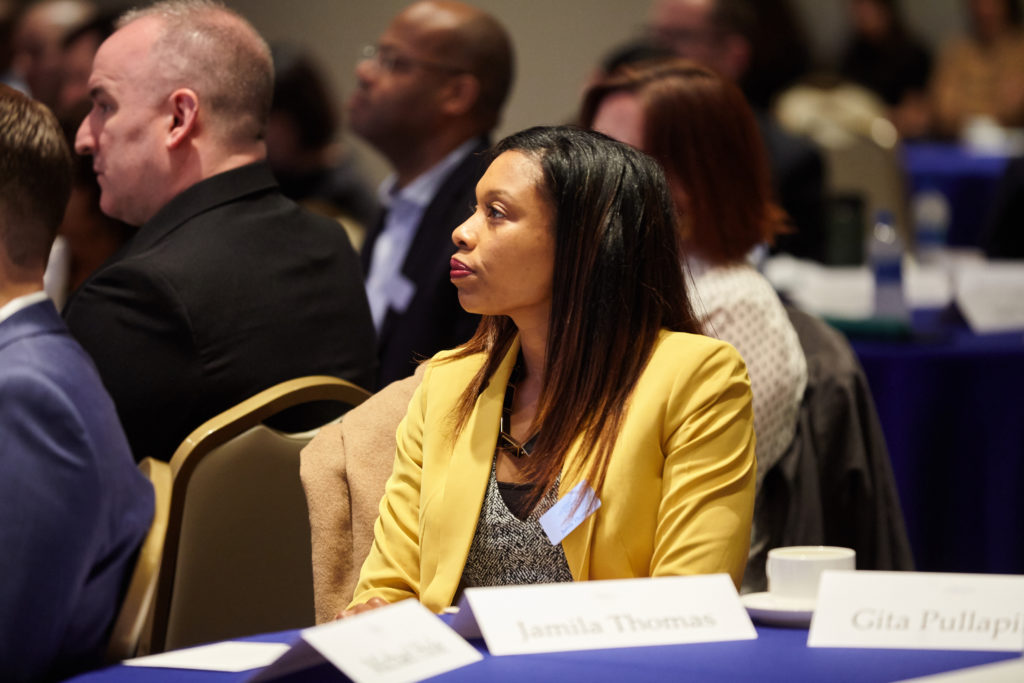
- Jamila Thomas (African-American, Founder and President of Women Divine, Dallas, Texas)
“Essentially, civic engagement is the process by which governmental entities interact with communities they are designed to serve. Conversely, as a citizen, I think about my responsibility to engage the entities that are supposed to represent my best interest in the community in which I live, work and breathe, and I have come to the realization that my exposure to civic engagement has been superficial at best. I plan to pay closer attention to the candidates that are vying for my vote, read their legislative agendas, and am committed to being a more engaged citizen.”
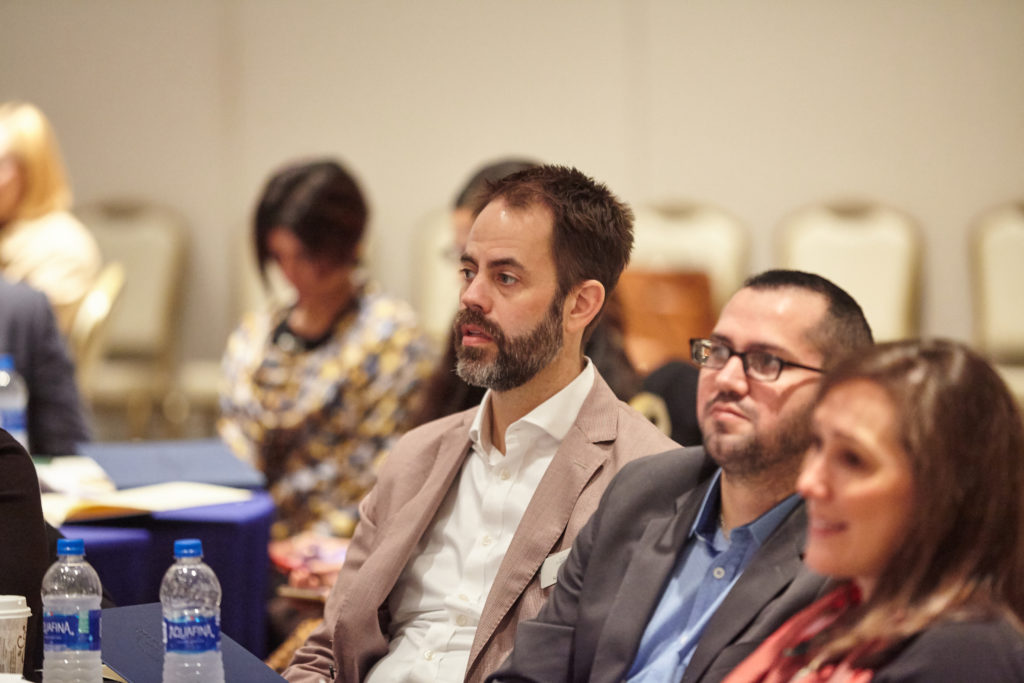
- Scott Eisner (American, son of a World War II-era Jewish father, President of U.S.-Africa Business Center at the U.S. Chamber of Commerce, Washington, D.C.)
“Civic engagement, to me, has always meant public service. The ability to put your personal interests off to the side and to represent your fellow citizens in a body of elected officials was always the highest of callings. And to paraphrase President Clinton, we all do better when we work together.”
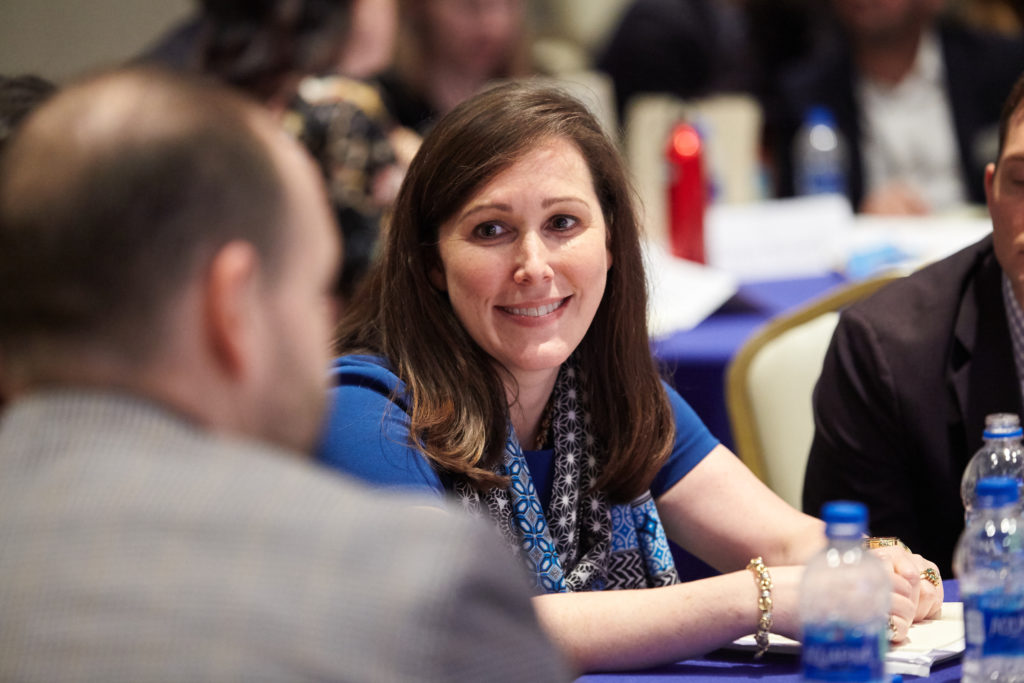
- Vivian Greentree (Navy Veteran and Military Spouse, Head of Global Corporate Citizenship at First Data, Washington, D.C.)
“Studies have shown how involvement in community service motivates students to consider underlying political issues and develop habits of long-term civic participation. Ultimately, society is progressed when its members develop and value devotion to caring for and feeling a responsibility towards the well-being of others in their communities—a “patriotism of benevolence,” as some Scholars have termed it. During every PLS module, a Scholar has asked at least one speaker how we, as a country, move forward amidst the challenges that face us and the issues that divide us. I believe a common thread in the answers we’ve heard has been service to others. Service reaffirms our social contracts with each other and each Presidential experience has highlighted this theme to me.”
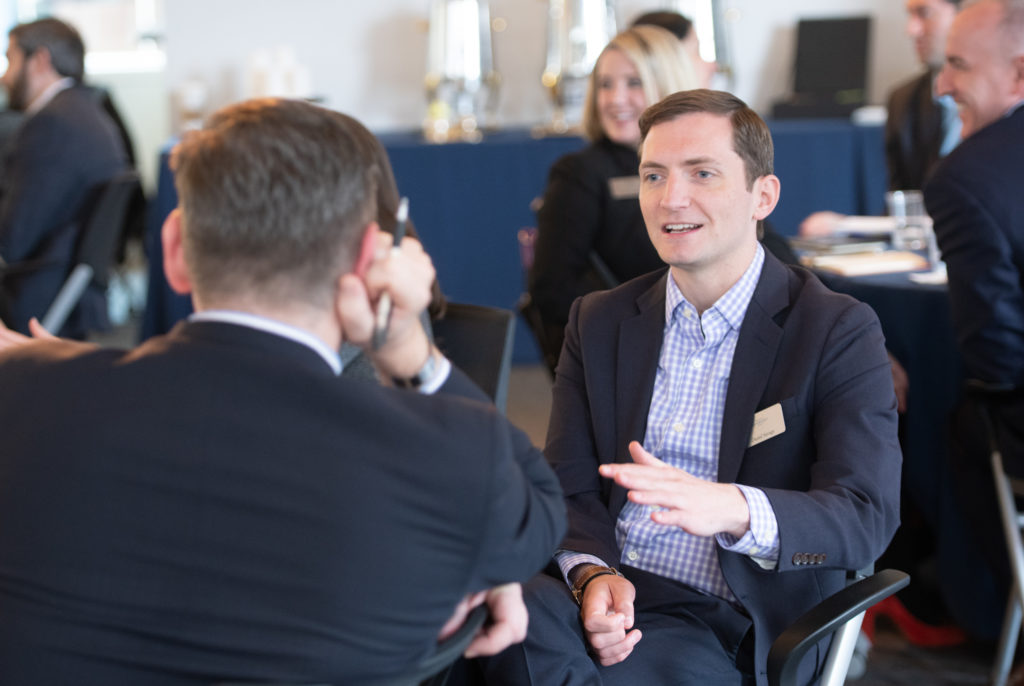
- Dan Savage (Army Veteran, Head of Programs at Sequoia Capital, San Francisco, CA)
“By sending me to West Point, and by accepting me into PLS, my country and its leaders have made significant investments in me. I feel a deep responsibility to ensure that I live a life and follow a career, which provides our country and the world as much value as I have derived from these amazing life experiences. I’ve heard President George W. Bush (no doubt echoing the attitudes of his father as well) say that “life is service to the end.” While my personal journey will likely meander between sectors—public, private, and nonprofit—I always aim to ensure that I am providing value to my community in some way, and that I ensure that as I make professional choices, I align myself with others who seek to make a positive impact on the world around them.”
The PLS program is a testament to the power of a narrative to bridge ideological divides and gaps to forge new relationships, new meanings, and new strategic partnerships.
In the words of Scholar Dilafruz Khonikboyeva, “conflict is a perceived divergence of interests.” As observed by the presidential era of George H.W. Bush and his deep commitment to strategic partnerships built on values, conflict is something that can be overcome with tools, resources and a genuine intent to understand each other and explore viable opportunities for collaboration.
Through a personal and a public commitment to collaborate, the Presidential Leadership Scholars are finding their place in the world, each in his or her own way, and with a shared purpose to make the U.S. and the world a better place for all.

